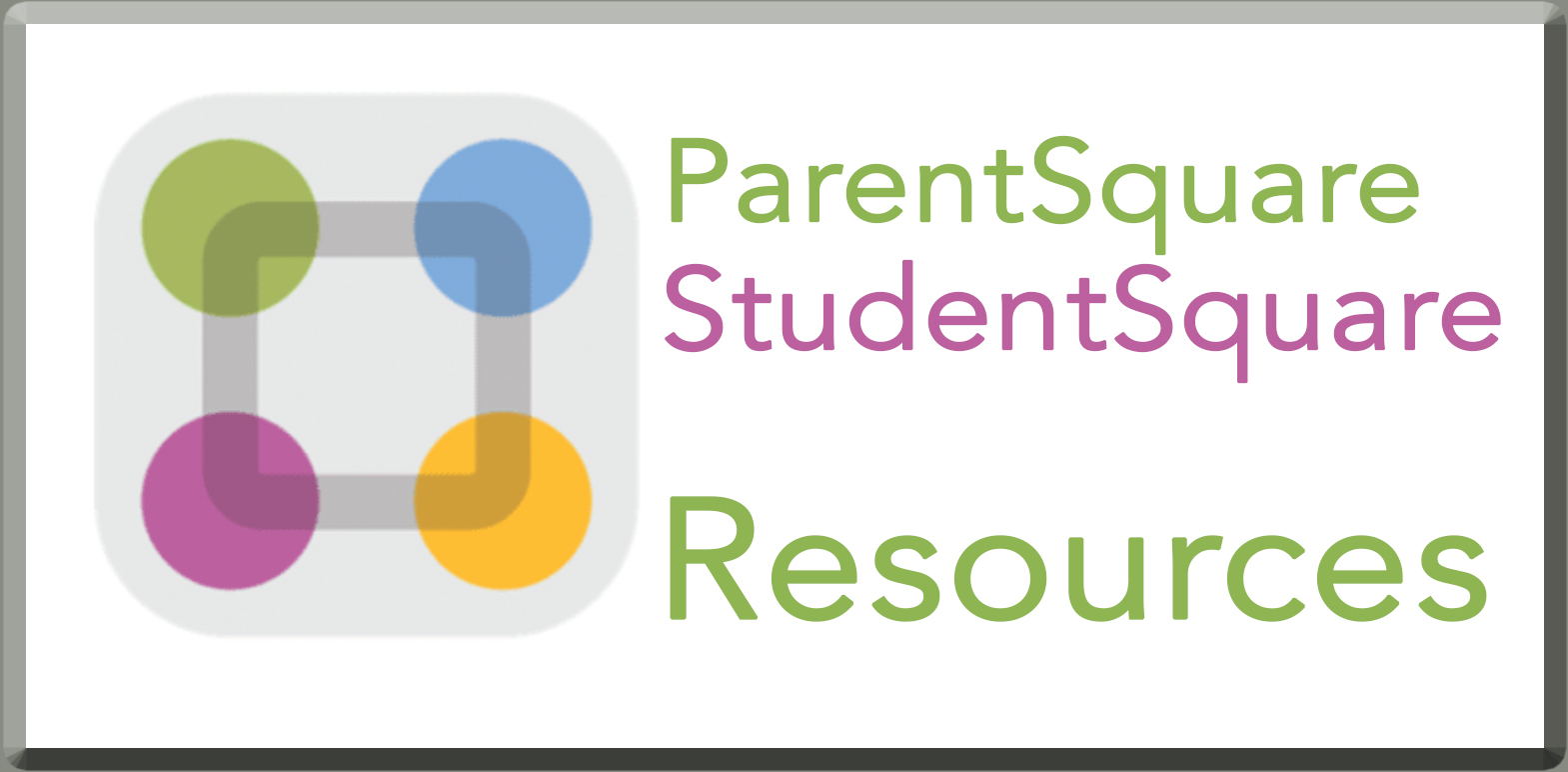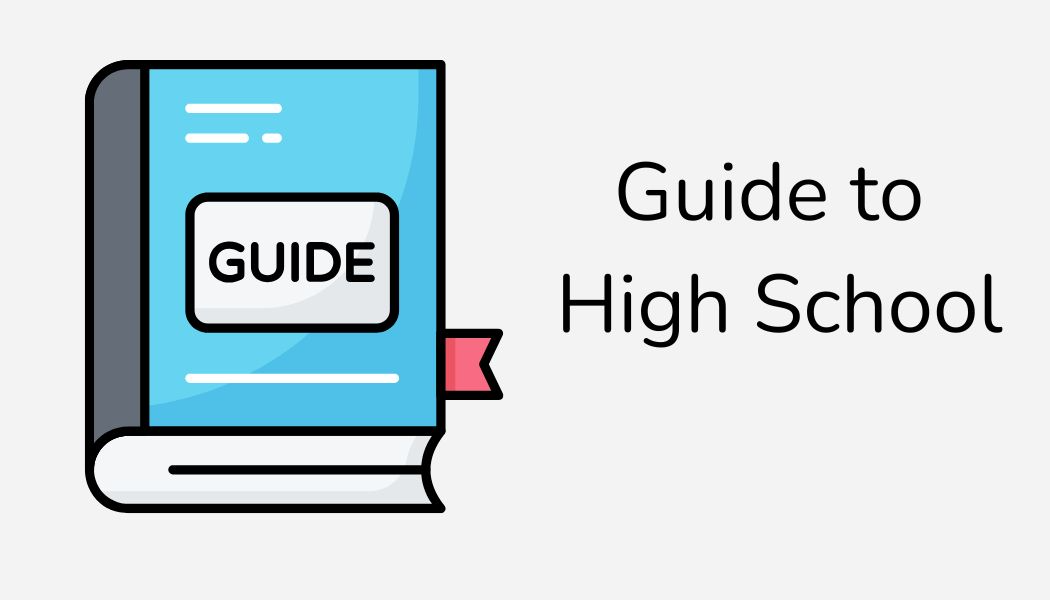October/November 2020 Curriculum Overview
Course: Standard Earth and Space Science, Period 2 Group A
Course Schedule: Monday, Wednesday 8:10-9:25
Office Hours: Friday, 10:00-noon
Essential Questions:
- How is a scientific question different from a non-scientific question?
- What are the characteristics of a "good" scientific question?
- How can we ask scientific questions to help us gain information about the Earth?
- How do the four spheres that make up the Earth interact with each other?
Standards/PIs: Science Graduation Standard #1: Asking Scientific Questions
Ask questions that arise from examining models or a theory, to clarify and/or seek additional information and relationships about the ways the geosphere, biosphere, hydrosphere, and atmosphere interact.
Student Assignments: https://docs.google.com/document/d/1My6kbzk0hV78TsdqBGFyccKqXXf6ozShkQLHNIUXETc/edit?usp=sharing
Links/Resources: http://lanikstandardess.weebly.com/
Course: Standard Earth and Space Science, Period 1 Group B
Course Schedule: Tuesday, Thursday 8:10-9:25
Office Hours: Friday, 10:00-noon
Essential Questions:
- How is a scientific question different from a non-scientific question?
- What are the characteristics of a "good" scientific question?
- How can we ask scientific questions to help us gain information about the Earth?
- How do the four spheres that make up the Earth interact with each other?
Standards/PIs: Science Graduation Standard #1: Asking Scientific Questions
Ask questions that arise from examining models or a theory, to clarify and/or seek additional information and relationships about the ways the geosphere, biosphere, hydrosphere, and atmosphere interact.
Student Assignments:
https://docs.google.com/document/d/1fr5vhsBoE5xndZZ6ho1gvmfwDszgn9lrFYaUCSv80cc/edit?usp=sharing
Links/Resources: http://lanikstandardess.weebly.com/
Course: Academic Earth and Space Science, Period 3-4 Group A
Course Schedule: Wednesday, 9:30-10:45
Office Hours: Friday, 10:00-noon
Essential Questions:
- What emerged in the first second after the Big Bang?
- What are the important pieces of scientific evidence that support the Big Bang/expanding Universe Theory?
- In what significant ways did our Universe begin to change as the first generation of stars began to get old and die?
- Why do stars shine?
- How do the conditions needed to produce atoms of the chemical element silver (Ag) differ from those needed to produce the element helium (He)?
Standards/PIs: Science Graduation Standard #7- Obtaining, evaluating, and communicating scientific information: I can critically read scientific literature adapted for classroom use to determine the central ideas or conclusions and/or to obtain scientific and/or technical information to summarize complex evidence, concepts, processes, or information presented in a text by paraphrasing them in simpler but still accurate terms.
Student Assignments: https://docs.google.com/document/d/1KFmF83jjKwTJRyJ0faDP_yrZHAvJeF7AihzYND3iORc/edit?usp=sharing
Links/Resources: https://lanikearthscience.weebly.com/
Course: Academic Earth and Space Science, Period 3-4 Group B
Course Schedule: Thursday, 9:30-10:45
Office Hours: Friday, 10:00-noon
Essential Questions:
- What emerged in the first second after the Big Bang?
- What are the important pieces of scientific evidence that support the Big Bang/expanding Universe Theory?
- In what significant ways did our Universe begin to change as the first generation of stars began to get old and die?
- Why do stars shine?
- How do the conditions needed to produce atoms of the chemical element silver (Ag) differ from those needed to produce the element helium (He)?
Standards/PIs: Science Graduation Standard #7- Obtaining, evaluating, and communicating scientific information: I can critically read scientific literature adapted for classroom use to determine the central ideas or conclusions and/or to obtain scientific and/or technical information to summarize complex evidence, concepts, processes, or information presented in a text by paraphrasing them in simpler but still accurate terms.
Student Assignments: https://docs.google.com/document/d/1KFmF83jjKwTJRyJ0faDP_yrZHAvJeF7AihzYND3iORc/edit?usp=sharing
Links/Resources: https://lanikearthscience.weebly.com/
Course: Academic Earth and Space Science, Period 7-8 Group A
Course Schedule: Wednesday, 12:35-1:53
Office Hours: Friday, 10:00-noon
Essential Questions:
- What emerged in the first second after the Big Bang?
- What are the important pieces of scientific evidence that support the Big Bang/expanding Universe Theory?
- In what significant ways did our Universe begin to change as the first generation of stars began to get old and die?
- Why do stars shine?
- How do the conditions needed to produce atoms of the chemical element silver (Ag) differ from those needed to produce the element helium (He)?
Standards/PIs: Science Graduation Standard #7- Obtaining, evaluating, and communicating scientific information: I can critically read scientific literature adapted for classroom use to determine the central ideas or conclusions and/or to obtain scientific and/or technical information to summarize complex evidence, concepts, processes, or information presented in a text by paraphrasing them in simpler but still accurate terms.
Student Assignments: https://docs.google.com/document/d/1wz0M-8m3gjjfjKES5xNbl9_TIBeBWqd1chlP0exrXj0/edit?usp=sharing
Links/Resources: https://lanikearthscience.weebly.com/
Course: Academic Earth and Space Science, Period 7-8 Group B
Course Schedule: Thursday, 12:35-1:53
Office Hours: Friday, 10:00-noon
Essential Questions:
- What emerged in the first second after the Big Bang?
- What are the important pieces of scientific evidence that support the Big Bang/expanding Universe Theory?
- In what significant ways did our Universe begin to change as the first generation of stars began to get old and die?
- Why do stars shine?
- How do the conditions needed to produce atoms of the chemical element silver (Ag) differ from those needed to produce the element helium (He)?
Standards/PIs: Science Graduation Standard #7- Obtaining, evaluating, and communicating scientific information: I can critically read scientific literature adapted for classroom use to determine the central ideas or conclusions and/or to obtain scientific and/or technical information to summarize complex evidence, concepts, processes, or information presented in a text by paraphrasing them in simpler but still accurate terms.
Student Assignments: https://docs.google.com/document/d/1wz0M-8m3gjjfjKES5xNbl9_TIBeBWqd1chlP0exrXj0/edit?usp=sharing
Links/Resources: https://lanikearthscience.weebly.com/
